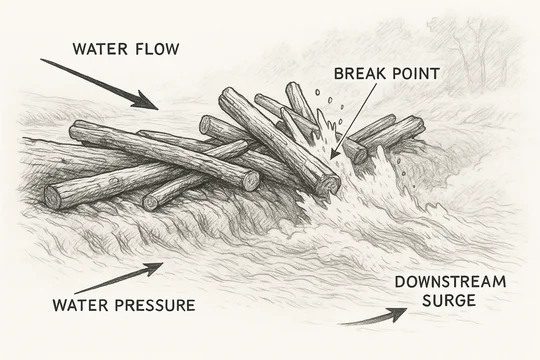
Last week in Ignite Enterprise Software Solutions, LLC et al. v. NGData, US Inc. and NGData N.V., C.A. 23-1209 (D. Del. Aug. 2, 2024), Judge Murphy dinged defendants for stale citations, including failing to cite recent Federal Circuit precedent on the level of detail required in patent pleadings.
We flagged the case that this Court called the "most recent and most relevant Federal Circuit authority" back when it came out: Bot M8 LLC v. Sony Corp. of Am., C.A. No. 2020-2218, 2021 U.S. App. LEXIS 20624 (Fed. Cir. July 13, 2021).
Analysis of Every Claim is Not Required in the Complaint
The holding from Bot is that it is not necessary to "explain in the complaint every element of every claim that you say is infringed and/or explain why it can't be done." Judge Murphy found that there was little room to argue that 87 pages of complaint allegations did not put the defendant on notice of the accused infringing activity.
With respect to infringement pleadings, NGData did not cite the most recent and most relevant Federal Circuit authority, Bot M8 LLC v. Sony Corp. of America, 4 F.4th 1342 (Fed. Cir. 2021). There, the Federal Circuit held it is not necessary to “explain in the complaint every element of every claim that you say is infringed and/or explain why it can't be done.” Id. at 1352 (quoting the district court, which with the Federal Circuit disagreed). Rather, to meet the Iqbal/Twombly plausibility standard, the touchstone is notice of what activity is being accused of infringement. Id. at 1352-53. “The level of detail required in any given case will vary depending upon a number of factors, including the complexity of the technology, the materiality of any given element to practicing the asserted claim(s), and the nature of the allegedly infringing device.” Id. at 1353.
Ignite at 2.
In this case, the plaintiffs went above-and-beyond the requirements in Bot—and actually did include an element-by-element analysis of claim 1 of each of the asserted patents in the complaint. The Court noted, though, that the briefing's analysis of "the nuances of each of these patents was light," leading to both the plaintiffs and Court analyzing their eligibility under Alice on "an essentially collective[] basis."
Claims Solving Problems Created by the Internet are Likely Patent Eligible
Turning to § 101 Alice issues, the Court declined to delve into file wrappers to do claim construction, which is unsurprising given other examples in which the Court declined to wade into claim construction during the pleadings stage.
Judge Murphy again called out the defendant for failing to cite a case they should have:
Those familiar with major § 101 decisions would recognize that by far, the most relevant authority is DDR Holdings, LLC v. Hotels.com, L.P., 773 F.3d 1245 (Fed. Cir. 2014), which NGData did not distinguish, or even cite, in its opening brief.
DDR Holdings, LLC v. Hotels.com, L.P., 773 F.3d 1245 (Fed. Cir. 2014) holds that solving Internet-centric problems—that is, problems "created by the world wide web"—may be patent-eligible subject matter. As Judge Murphy described:
Briefly, DDR involved software where a visitor to a web page who clicked on an advertisement on that page would not be sent to the advertiser’s page but instead would remain within the original page, allowing the host to retain web traffic. Id. at 1257-58. The Federal Circuit concluded that this was “an inventive concept for resolving this particular Internet-centric problem, rendering the claims patent-eligible.” Id. at 1259; id. at 1258 (noting that the “claims at issue specify how interactions with the Internet are manipulated to yield a desired result — a result that overrides the routine and conventional sequence of events ordinarily triggered by the click of a hyperlink”); see also Weisner v. Google LLC, 51 F.4th 1073, 1087-88 (holding claims eligible that “recite inventive concepts that add significantly more to the abstract idea of using travel histories to improve computerized search results”).
Ignite at 4.
The claims in the patents at issue "all relate to computer software that analyzes a website and historical user navigation data, and then helps redesign the website in a useful way to enhance the customer experience." As such, the Court found it "quite clear" that the claims were directed to resolving an Internet-centric problem, dismissing the motions to dismiss for lack of patentable subject matter on the authority of DDR.
If you enjoyed this post, consider subscribing to receive free e-mail updates about new posts.




